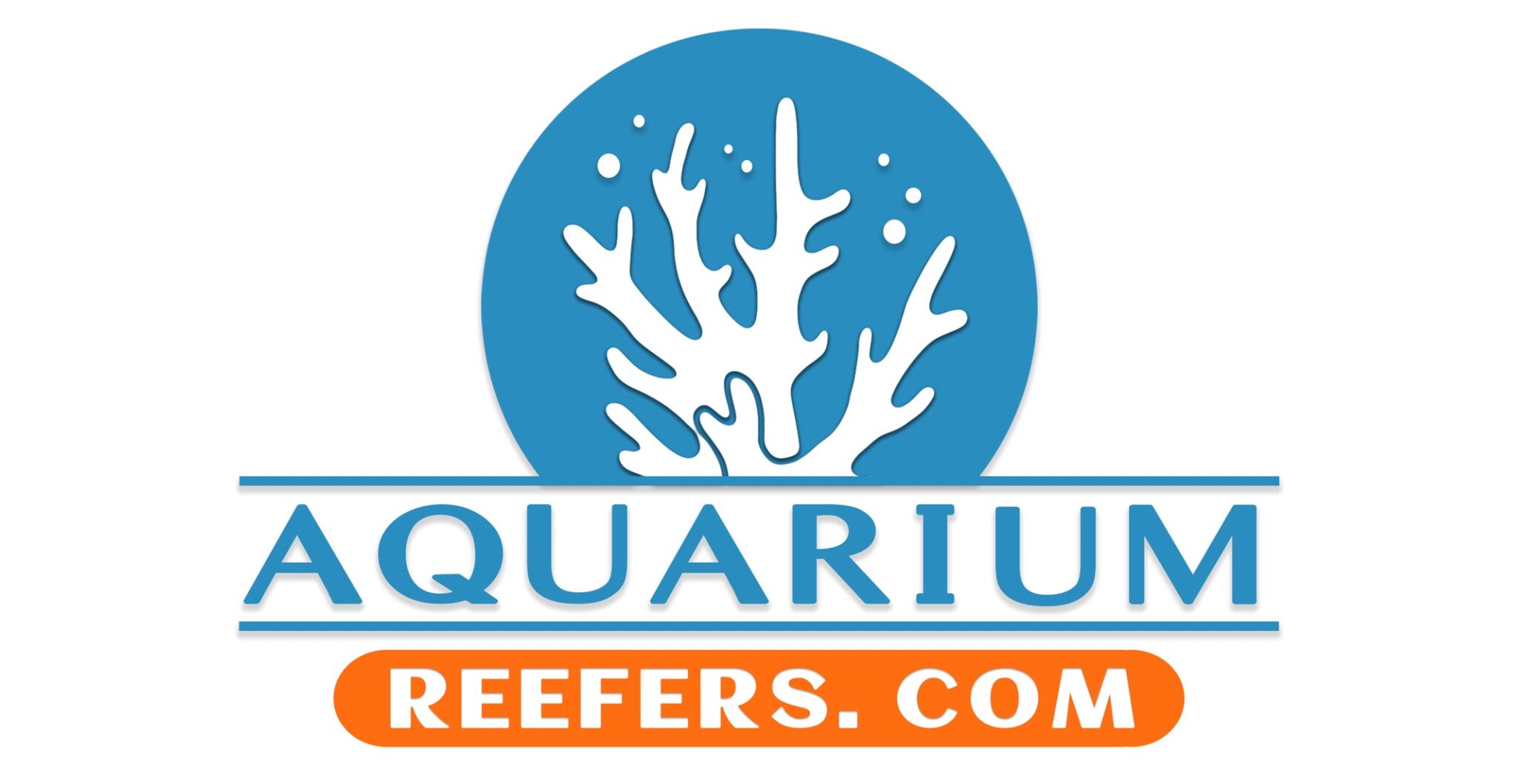Description
Earmuff Wrasse, Halichoeres melasmapomus, also go by the name Cheekspot wrasse. As the names suggest, these adorable fish are characterised by a dark spot behind their eye.
Like all members of the Halichoeres genus, males and females are sexually dimorphic. Meaning they look different even though they are the same species. Some differences are more prominent than others. Females have pale peach bodies and eye spots along their dorsal fin. A green band streaks across their face, from mouth to gill. Males on the other hand, have fabulous hot pink bodies. Their fins are awash with colour, showing off: blue, yellow and red.
Halichoeres wrasse come from the Indian, Pacific and Atlantic Ocean. The etymology for the genus is ‘Salt’, (alis) and ‘Pig’ (choiros).
Earmuff Wrasse, Halichoeres melasmapomus, Ecology:
These fish live in the Indo-Pacific Ocean. Ranging from: Australia, Marquesas and Pitcairn islands.
They live in and around coral reefs and in rocky areas. The complex structures help the wrasse avoid predation. Failing that, Earmuff Wrasse quickly vanish by burying themselves in the sand bed. These Wrasse live in social groups with one top male to a few or more females. Earmuff Wrasse are also protogynous hermaphrodites. Which means when the dominant male perishes, the largest female in the group will turn male. It will then become the new breeding male. As a result, all juvenile Earmuff Wrasse, are in fact immature females.
In the wild, these fish flit in amongst crevices, seeking out small invertebrates. Their eyes are disconjugate, making them incredibly effective hunters. They can also handle larger prey, thanks to their bashing technique. Where they chuck a prey item against rock to break it up.
Halichoeres wrasse could be helpful for dealing with pests. Such as nuisance snails, polychaete and nudibranchs, but may be risky with some kinds of ornamental critters. We recommend giving us a call to answer any compatibility questions you may have.
Cheekspot Wrasse In the Aquarium:
It is important to copy the natural environment by providing plenty of nooks and crannies. There should also be a good sand bed for the wrasse to hide and sleep in. Hobbyists should get a jump guard to stop any unfortunate losses.
Earmuff Wrasse do best when fed a varied diet. They will accept enriched frozen mysis shrimp and enriched frozen brine shrimp. They will also devour live foods, such as copepods and amphipods, that can be cultivated in attached refugium. Over time they will accept high-quality pellet or flake. We adapt all our wrasse to aquarium life before they leave us. We focus on their health, and most are eating a good quality flake food and/or pellet, such as JBL Maris, before being offered for sale.
The Fish pictured here are representative only and the livestock you receive may vary in pattern, coloration, and shape.














Reviews
There are no reviews yet.